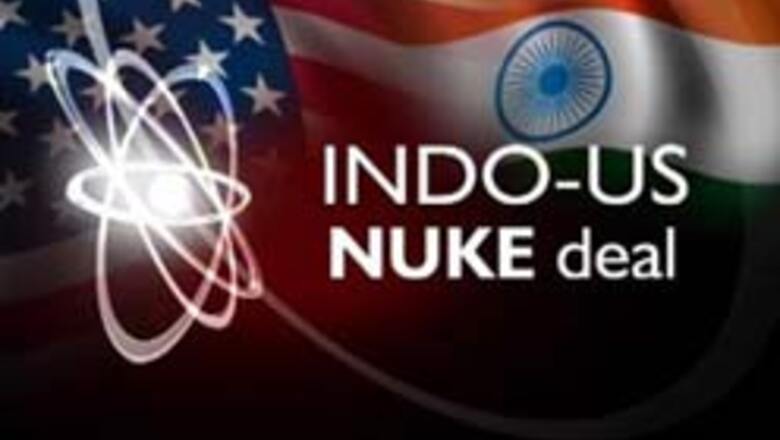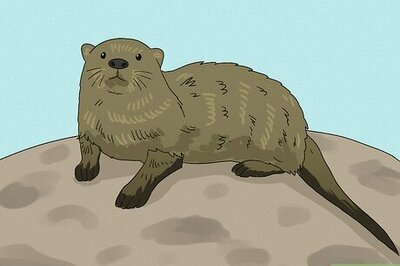
views
Vienna: The road to the approval of a safeguards agreement by the International Atomic Energy Agency (IAEA) has been tough for India and it continues to face hurdles in the form of opposition by Pakistan and Ireland who are sceptical of the deal since India is not a signatory to the Nuclear Non-Proliferation Treaty (NPT).
IAEA officials reiterated that the agency's 35-member board of governors will meet on August 1 to endorse the agreement after Prime Minister Manmohan Singh's Government won a crucial trust vote in parliament on July 22.
India has stepped up its diplomatic efforts to ensure that Pakistan, Ireland and other sceptical members of the IAEA board of governors do not force voting on the safeguards pact.
The voting in the IAEA, which only happens rarely — the last one being the vote on the Iranian nuclear programme two years ago — may embolden sceptics in the NSG to air their opposition. That is why India wants to doubly ensure that the board approves the safeguards pact unanimously.
"It is difficult to say how the cookie will crumble. The agency may ultimately approve the agreement but maybe not unanimously. What the board of governors prefers is consensus rather than a voting procedure," a source close to the IAEA said.
Pakistan objects to certain clauses in the draft of the safeguards agreement. While officials at the Pakistan embassy in Vienna did not elaborate upon the objections raised at the last board of governors meeting, a former Pakistani ambassador to Austria confirmed via e-mail that the country is generally opposed to any selective concession to India, mainly at the behest of Western countries.
PAGE_BREAK
"In my view, if concessions are made and rules modified in favour of one country, why not for others? This view is shared by many other countries and is likely to figure more prominently during deliberations in the NSG even if it is glossed over during the IAEA board of governors meeting.
"A number of NSG countries are opposed to dealings with non-NPT signatories and countries that do not accept comprehensive safeguards," the retired Pakistani diplomat said on condition of anonymity.
Other agency members worry that there is no way of preventing India if it halts IAEA inspections after members of the Nuclear Suppliers Group (NSG) refuse to sell it nuclear material for testing another nuclear device.
Ireland is where Frank Aiken, the country's then foreign minister, launched the non-proliferation treaty process in 1958. A champion of nuclear non-proliferation, Aiken was the first minister to sign the NPT in 1968 in Moscow.
Today, Ireland is one of the countries doubting India's nuclear trade agreement with the US.
"The problem is not so much that India is nuclear. That India is non-NPT is a greater problem. There are countries that feel India's nuclear trade agreement with the US is a threat to the NPT. To allow a non-NPT country access to nuclear export means death of the NPT," an IAEA official, who did not wish to be named, said.
For countries like Ireland, the NPT is the foundation on which the prevention of the spread of nuclear weapons rests. It is a charter for the eventual elimination of all nuclear weapons in the world.
After approval by the IAEA board, the NSG — a group of 45 nuclear exporting countries that defines export control rules — will meet and "bend" rules to make a concession for India since it has not signed the NPT.
The NSG is a group of nuclear supplier countries that first met in November 1975 in London and is often referred to as the London Club.
At the heart of the NSG is the strict guideline to make sure that nuclear trade for peaceful purposes does not contribute to the proliferation of nuclear weapons or other nuclear explosive devices while not hindering international trade and cooperation in the nuclear field.
Once the NSG is convinced that India will not contribute to the proliferation of nuclear weapons despite not having signed the NPT, the agreement will be approved and tabled in the US Congress for ratification before it becomes operational.
















Comments
0 comment